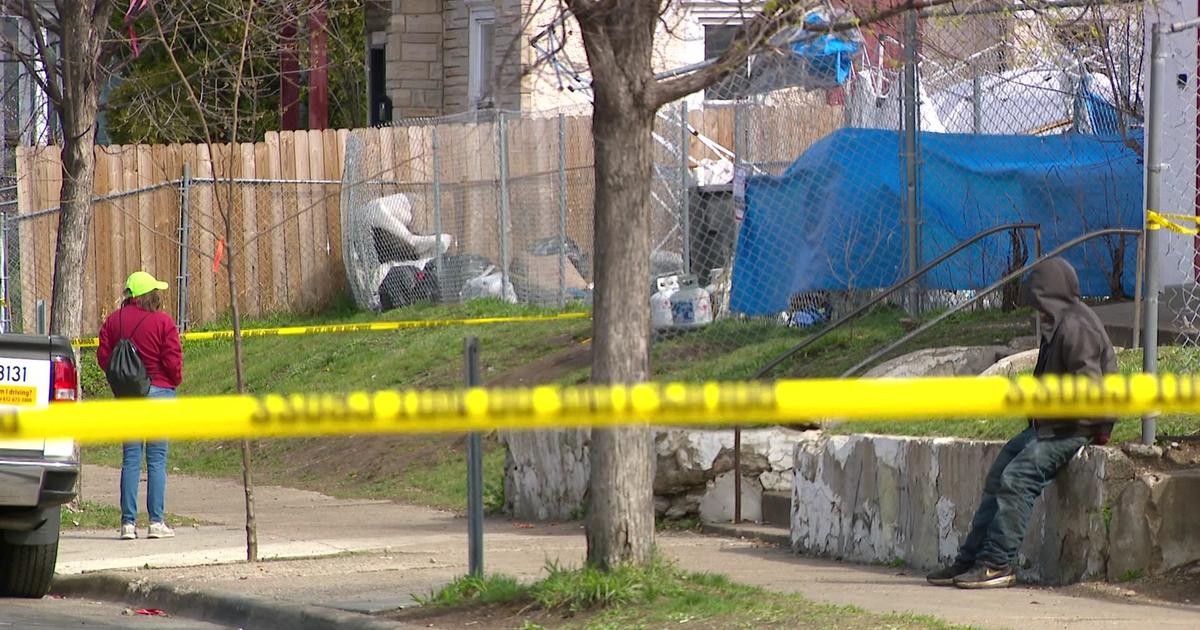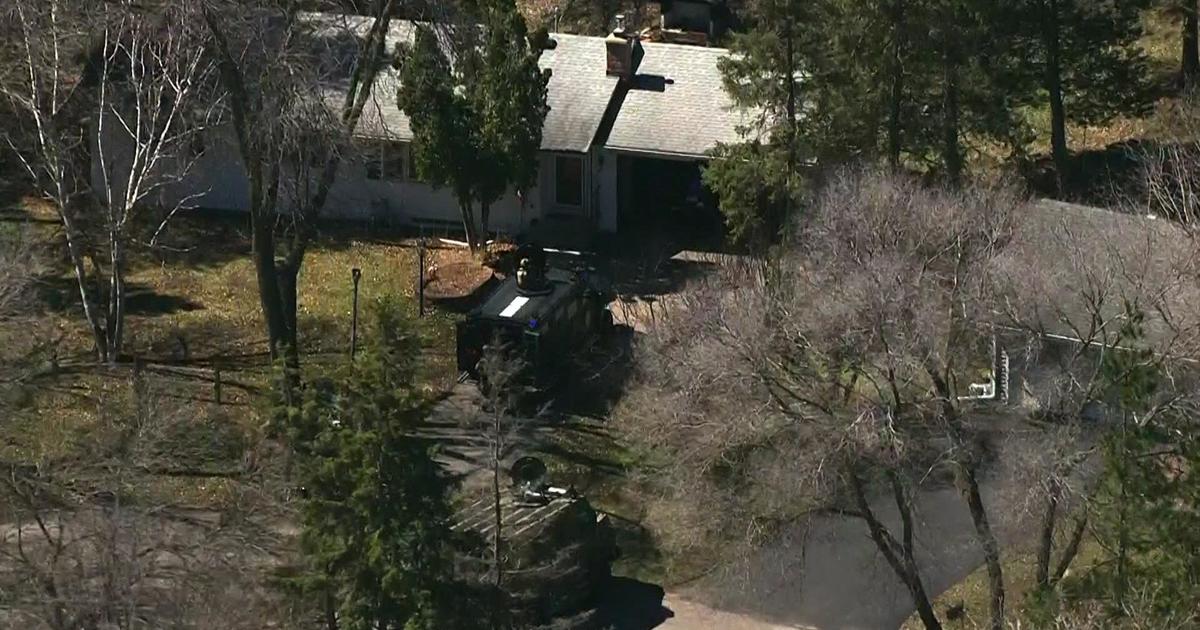Xcel Energy to temporarily shut down Monticello nuclear plant after two radioactive water leaks; company says no threat to public
MONTICELLO, Minn. -- An Xcel Energy nuclear plant in Monticello will temporarily shut down after officials found more radioactive water leaking from the facility.
The company says they'll bring the facility offline to make repairs and conduct a series of inspections. The leak poses no safety concerns for the public, according to the company.
Late last year, 400,000 gallons of radioactive water leaked from the premises, though the public wasn't informed until last week.
On Wednesday, the plant's monitoring equipment detected hundreds of gallons worth of radioactive water since the crews made temporary repairs, and that it had reached groundwater. Officials say the contaminated water, containing the radioactive isotope tritium, has not yet reached the Mississippi River, which runs next to the plant.
When the leak was first detected back in November, Xcel used a catchment and a pumping strategy to recovered the water containing tritium. They say they've recovered about 30% of that water so far. But over the past couple days, some of that radioactive water was spilling over the catchment, creating a new leak.
At a press conference Friday morning, Xcel Energy's Chris Clark said there was "no drinking water concern, no safety concern, no concern to the environment."
"We are capturing the water from the leak, we were able to take that water and process it in our plant," he said. "We are bringing the plant offline over the next, couple of days here. We'll let the plant cool, we'll cut that pipe out, we'll send that pipe out to a lab and do a full root cause analysis of why that pipe failed."
He added there was no threat to groundwater in the area and he also doesn't anticipate any impact on electric service. Even if the plant were to stay offline during peak winter or peak summer needs, the company has "enough margin" that they'll have the ability to provide service during those times, Clark added.
Xcel reported the initial leak in November of 2022, and state officials -- alongside the national Nuclear Regulatory Commission -- defended the choice to delay notification for months due to its small scale.
Xcel Energy says it is confident it'll be able to bring the plant back online safely, but Clark said it's hard to say just how long the plant will be offline.
"It shows the importance of making sure we get regulation, we get transparency. Minnesotans deserve to know," Gov. Tim Walz said. "I think today was the expectation that Minnesotans have - a very quick notification that this happened and a very aggressive decision to shut the plant down for now."
"I just want Minnesotans to know that our role with the Minnesota Pollution Control Agency and our agencies it to monitor and make sure there is no health risk - that still remains the case," he added.
The city of Minneapolis said on Friday that their Water Treatment and Distribution Services is taking the precautionary step of developing plans to make sure that the water it delivers is not impacted in the event of contamination.
What is tritium?
Tritium is a radioactive form of hydrogen which is created as a byproduct of nuclear reactors, according to the Environmental Protection Agency. It's most commonly found in the form of water, as the isotope reacts with oxygen to create water.
It can also be found naturally in very low concentrations in the environment, including in the upper atmosphere, when cosmic rays collide with nitrogen molecules.
Valerie Myers, a health physicist with the Nuclear Regulatory Commission, told WCCO last week that the amount of tritium that's in the Monticello plant water is negligible.
"If we look at the dose impact of something like this, it would be a fraction of a milligram. I'm talking 0.00-something milligrams. The average person will get 300 milligram in a year just from the sun, the ground, everything," Myers said.
According to the NRC, tritium does not travel far, and cannot penetrate the skin.
"I don't ever want to see a situation like this in the future"
Monticello community members attended an open house on Friday morning, concerned that Xcel didn't properly notify them when the first leak was detected.
Megan Sanborn, who lives in the city, said she wants to hold the energy company accountable.
"To maintain that transparency in the future. I don't ever want to see a situation like this in the future happen again," she said.
Cole Hendry and his family live in town. He says they weren't made aware of the situation until last week.
"A 4-month gap is a little strange when you have a nuclear leak or some radioactive activity in your own backyard so I just want to make sure we stay in the know," said Hendry.
Clark said the notification gap is "certainly a lesson we'll take from this. We value our relationship with the city of Monticello and the residents here."



